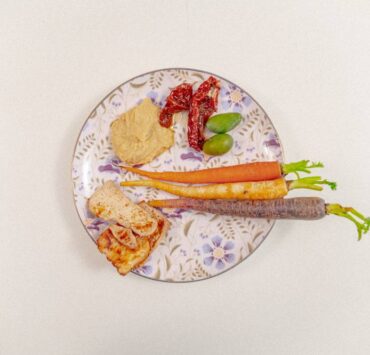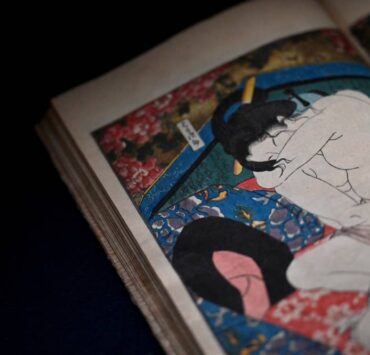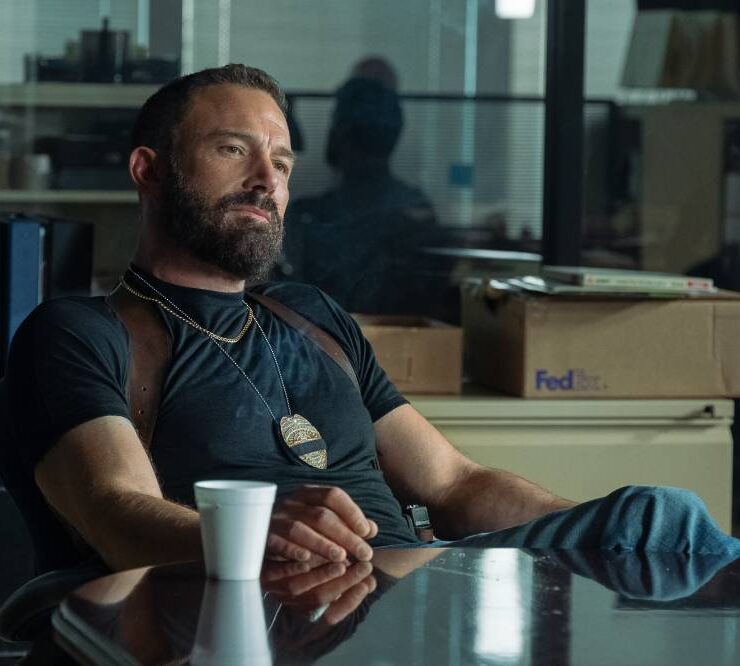Babyface on Filipinos’ love for R&B: ‘It’s in the blood’
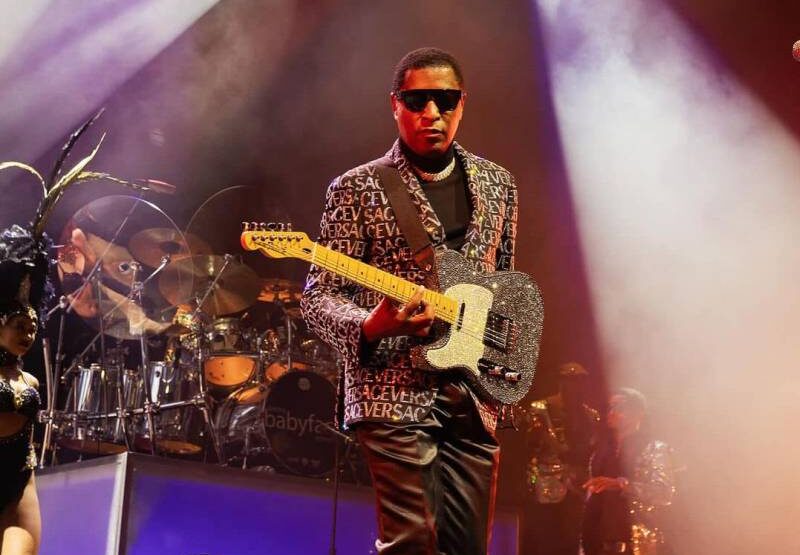
Walk into any karaoke session in the Philippines and chances are, it wouldn’t end without someone queuing up a Babyface song—like “Every Time I Close My Eyes,” “When Can I See You”, or one of the many pop and R&B classics he penned and produced for the likes of Boyz II Men, Whitney Houston, and Madonna.
Don’t expect him to grab the mic, though.
“I don’t like to do karaoke because I feel like I’m not that good at it,’” he jokes in a recent video call with Lifestyle Inquirer and other Filipino journalists. “But you guys kill it—no question.”
Filipinos have always had a warm spot for R&B, which has long topped local charts and dominated radio airwaves. You hear it playing in clubs and watering holes, covered by online singers, and belted out in singing contests and variety shows. Local icons like South Border, Kyla, and Jay-R have built enduring careers around sensuous ballads and swaggering bops. And this love for R&B continues to thrive with contemporary acts like Arthur Nery, Dionela, and Dēny carrying the torch.
The genre, of course, is an import from African American culture in the United States. And while his contribution and imprint are undeniable—local artists will tell you as much—Babyface kind of downplayed his music’s influence. Because for some reason, he says, the Philippines strikes him as “a very urban place,” where “R&B is in the blood.”
Filipino soul
The fire was already there; he only helped fuel it, so to speak.
“It’s interesting because in the Philippines, there’s a soulfulness in the people that comes out very naturally. It doesn’t feel contrived at all. It feels very real. And when they’re singing, the way they move their voice—all of it feels very natural,” he observes.
“Over the years, I would come across and hear Filipino artists, and I’m like, ‘Oh my God, where did they get that voice from? How can they sing like that?’” he adds. “I once saw four young kids killing it with a Boyz II Men song, and it didn’t make sense how they were that good.”
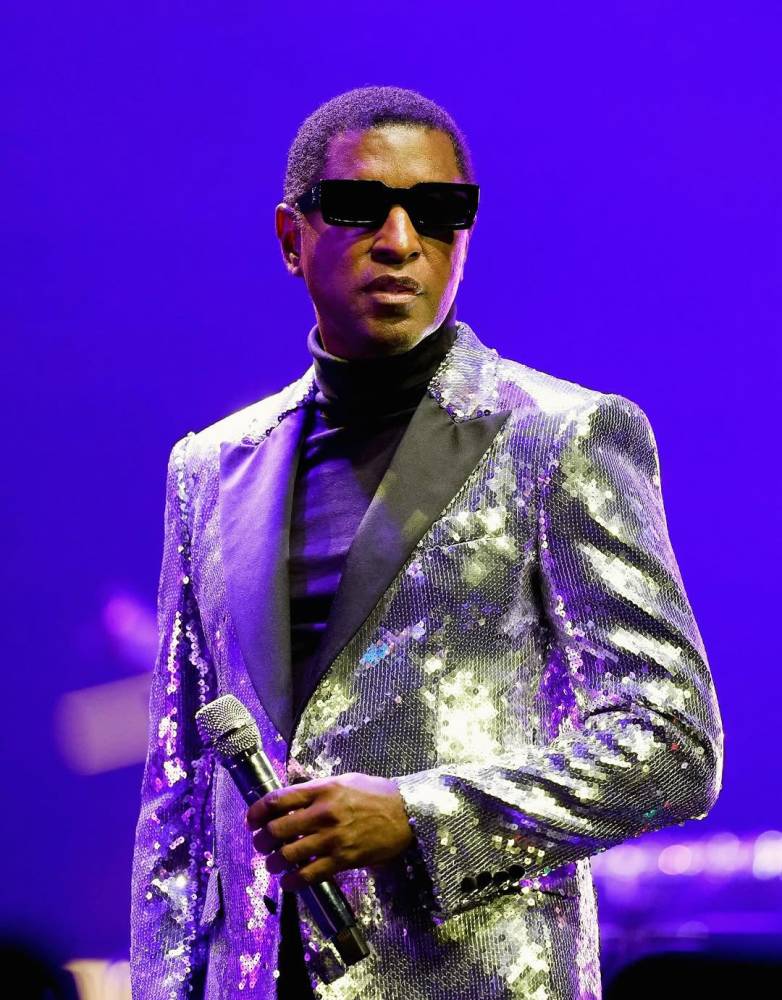
Perhaps that soulfulness can be traced to Filipinos’ affinity for love, longing, and yes, even heartbreak. And R&B—with its sweet, come-hither coos, slinking melismas, and, at times, anguished belting—is the perfect musical vehicle to carry those themes.
Babyface knows those feelings all too well. The R&B legend, whose real name is Kenneth Edmonds, began writing songs at 12. The first was inspired by love; the second, by heartache. Because his first taste of romantic loss came very early in life, it made such a lasting impression on him, so much so that it became “the basis of so many of my songs.”
“In the Philippines, [in] particular, it’s those songs that seem to connect—about being in love, having your heart broken—and they come out in a very soulful way,” he says.
Babyface grew up listening to the great Stevie Wonder. And whenever he hears “Superwoman”—or the whole “Music of My Mind” album, for that matter—it brings up memories of his past hurts, and how he found the strength to get through them. Music, for him, has always been healing and illuminating, not only as an artist, but also as a human. So to know that other people find those very things in his music, he says, “is a great feeling.”
“I completely relate to that because I went through the same things and did the same things,” he says.
A trip down memory lane
And we can all go through it together, why not?
His concert, “Babyface: Greatest Hits,” on Oct. 27 at the SM Mall of Asia Arena, is designed to do just that. Because nothing tells him his music has resonated quite like hearing it sung back to him in unison. It’s his first visit to Manila since 2007, and he can’t wait to see what has changed—and what has stayed the same. “It’s going to be high energy and a lot of fun,” he says of his upcoming show presented by Ovation Productions.
The setlist, which promises to be “a trip down memory lane,” will feature well-loved hits from his own catalog—“Whip Appeal” and “Wonderful Tonight”—along with a generous medley of hits he has written and produced for other artists throughout his career. And he has plenty—perhaps more than enough to fill multiple shows, each with unique lineups.
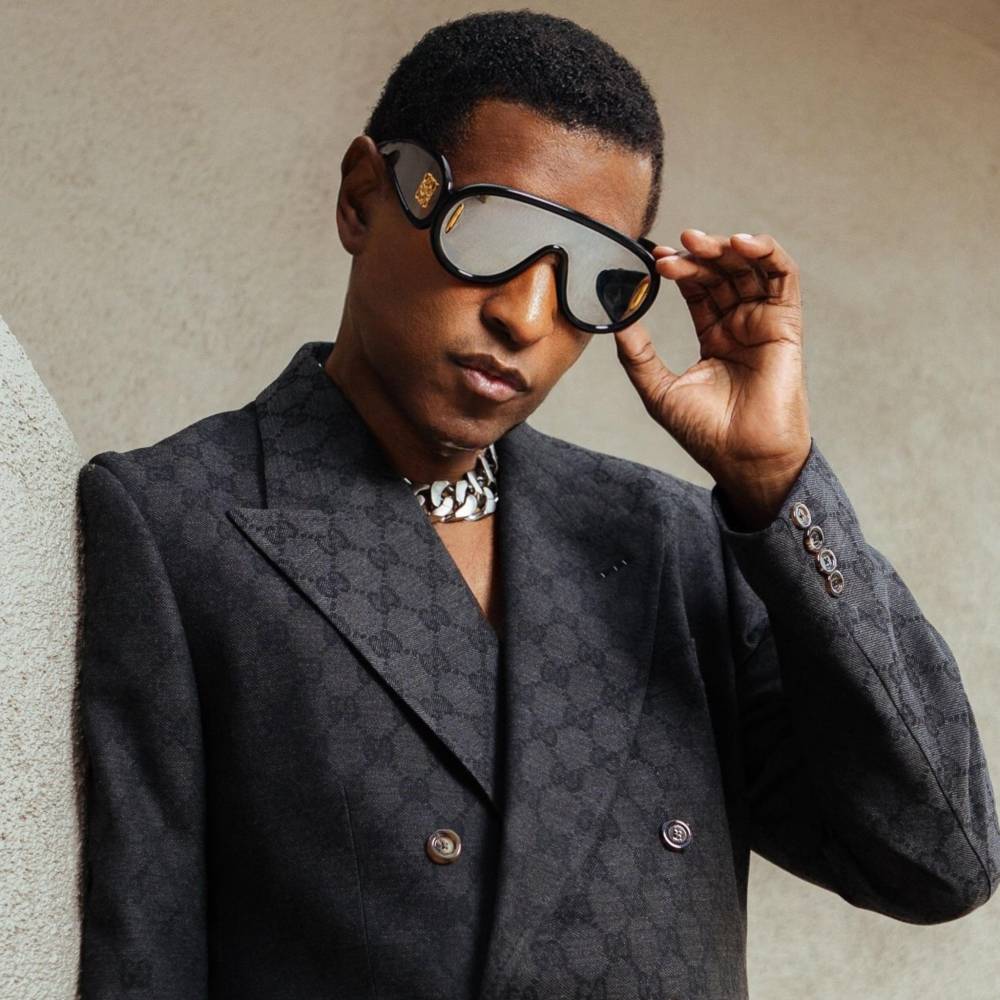
Unbeknown to many, he was also the man behind Boyz II Men’s “End of the Road,” Madonna’s “Take a Bow,” Houston’s “I’m Your Baby Tonight,” Toni Braxton’s “Breathe Again,” and TLC’s “Red Light Special.” And that’s not counting all the work he did with or for Beyoncé, Michael Jackson, Aretha Franklin, Janet Jackson, Ariana Grande, Bruno Mars, John Mayer, Justin Bieber, and more.
“I enjoy performing my own songs and those I wrote for other people, because they’re all part of me—all of them are part of my artistry,” he says.
Advice for young singers
In a career spanning five decades, Babyface has crafted 26 chart-topping R&B songs and has 13 Grammy Awards to his name. And he’s showing no signs of slowing down. To this day, he remains one of the most respected figures in the music industry, with his mastery and vision still drawing interest for collaborations from new R&B stars like Sza, Kehlani, Ella Mai, and Daniel Caesar.
This business can be harsh on aging artists. Every so often, it reminds them that they’re “no longer cool” once they have peaked and reached a certain age. But Babyface, now 66, is grateful that his peers still hold his work in high regard. “It’s such a blessing to still be in a position where I can work and add my voice,” he says. “I’m grateful that people still respect my opinion because that doesn’t always happen.”
What piece of advice does he have for young aspiring singers? First, find inspiration in the past while staying connected to the present, he says. Pay attention to what others are doing not to imitate, but just to stay in tune with what’s out there. “Sometimes they say, ‘I don’t care… this is who I am and how I am.’ Sometimes that works, but sometimes it doesn’t,” he points out.
More importantly, he says, take advantage of the different online platforms that have democratized music today. Gone is the stranglehold once held by tastemakers—the radio stations, producers, and record companies—over who does and doesn’t get in. The doors have been flung open.
“You no longer have to depend on them entirely. If you put out good music that touches people, you have a chance of going viral,” he says. “If you’re talented and blessed enough, you can get through. And that’s all I pray for them: to have that shot.”














